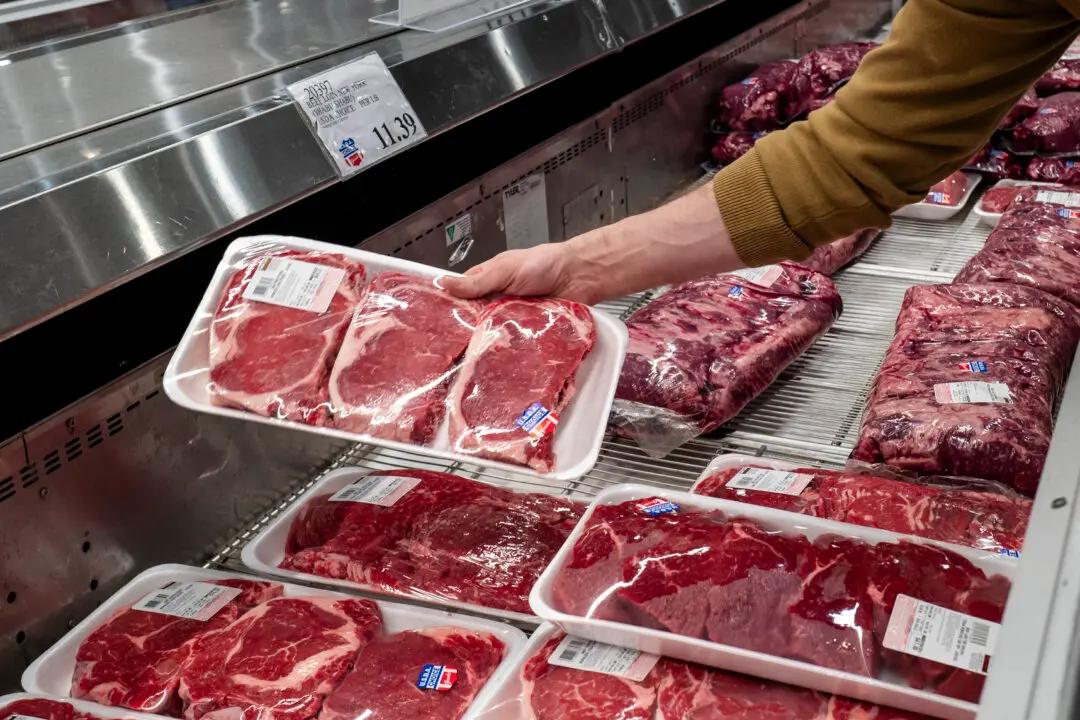The Democratic Party beat out the Republican Party in fundraising in April, but the GOP is closing the gap.
On May 20, the committees associated with America’s major political parties filed their monthly disclosure statements with the Federal Election Commission (FEC). The filings showed the Democratic committees maintain an ample cumulative cash-on-hand advantage over their Republican counterparts.





